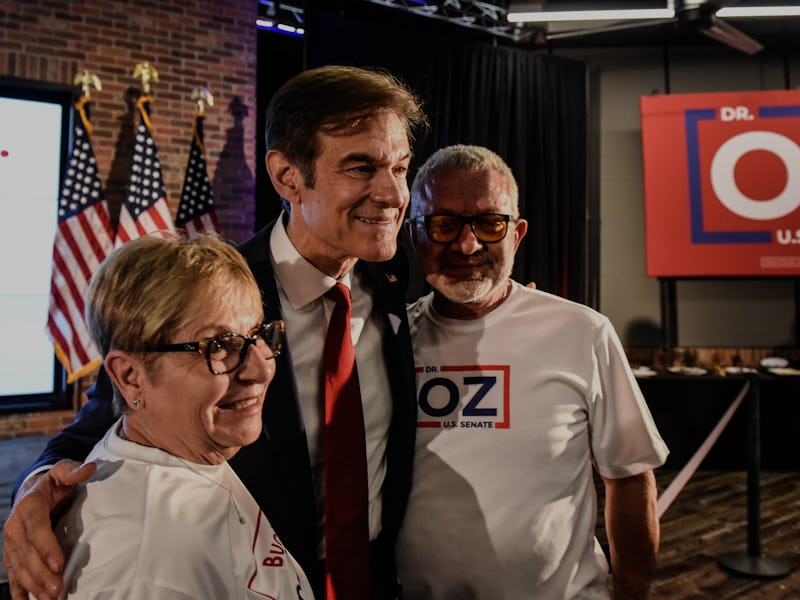Culture
TikTok bans paid political influencer posts leading up to midterm elections
With the U.S. midterm election cycle ramping up, TikTok is ready to squash misinformation before it spreads.

TikTok will open up its 2022 Election Center this week to get a head start on combatting misinformation on the platform, U.S. head of safety Eric Han revealed in a blog post. That’s six full weeks earlier than during the 2020 presidential election.
Han also announced that TikTok will no longer allow paid influencer content pertaining to politics in the months leading up to the midterm elections. TikTok hasn’t allowed political ads since 2019, and influencer posts have been used as a sort of loophole to that rule until now.
TikTok’s approach to misinformation leading up to the 2020 presidential election proved immensely successful, with verified election-related information being viewed by users more than 73 billion times. TikTok will leverage those same successful strategies this time around, including labeling misinformation across the platform and directing users to fact-checked election information.
Starting with facts — The bulk of TikTok’s midterm election strategy relies on creating a comprehensive resource center — the Elections Center — right in the TikTok app. The Elections Center will open up this week for U.S. users, and this year it will be available in more than 45 languages. Most of the center is dedicated to linking users out to authoritative sources; Ballotpedia, for example, will be linked as a resource for understanding who is on your ballot.
Labels will be used to identify user-generated content related to the midterms, while accounts belonging to politicians and government organizations will be clearly identified as such. All of these labels, as well as popular election hashtags like #2022midterm, will link to relevant information in the Elections Center.
Fact-checkers will continue to comb through election-related posts to verify their accuracy. If claims in a video cannot be verified, TikTok will let viewers know the content is unsubstantiated and will make the video ineligible for recommendation onto FYP feeds.
Everyone’s gearing up — Twitter and Facebook have also decided to re-hash their strategies for the 2020 election, for the most part. Twitter’s redesigned “misleading information” labels will return this year, as will labels on political accounts and the U.S. Elections Explore tab. Meta is once again planning to allow chaos to sow across Facebook right up until the last week of the election. (Most of Facebook’s strategy focuses on banning political ads or those questioning election outcomes.)
The most notable change to TikTok’s 2022 election strategy is that paid influencer shout-out ban. This isn’t to say influencers can’t post political content at all — they just can’t be paid for it. Political organizations are even allowed to compensate influencers with other incentives, like networking opportunities, in exchange for posting political content, Han confirmed to The Verge.